Scientists say your sleep habits might matter more than your workouts.
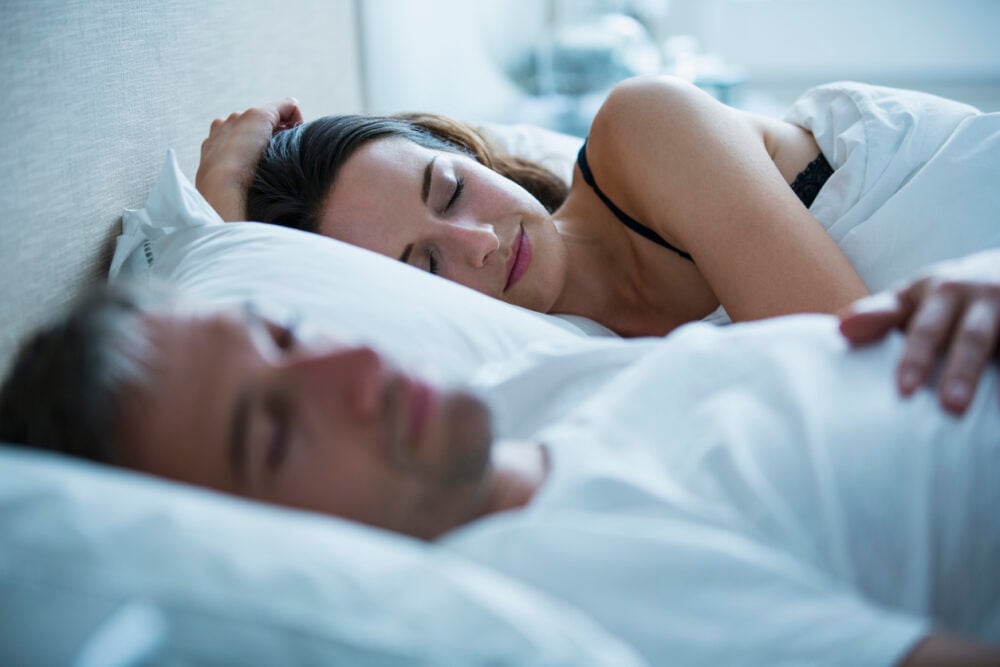
You might be optimizing your diet, hitting the gym, chugging water, and meditating like a monk—but if your sleep is trash, it could all be a waste. You’ve probably brushed it off before, thinking you can power through the grogginess with caffeine and grit. But something is shifting in how science—and people like you—are looking at sleep. It’s not just rest anymore. It’s a full-on strategy. The kind that could impact your longevity, brain function, emotional resilience, and even your body’s ability to heal itself.
Sleep has officially joined the ranks of things worth hacking. And no, it’s not about expensive gadgets or sleeping in till noon. It’s about treating sleep like the goldmine it is, not just the leftover hours at the end of your day. The latest research and expert insight are pointing to a major shift: the more you prioritize sleep, the more you might be stacking the odds in your favor—for a longer, sharper, and more energized life.
1. Sleep labs in Boston are proving deep sleep may be the brain’s best detox.
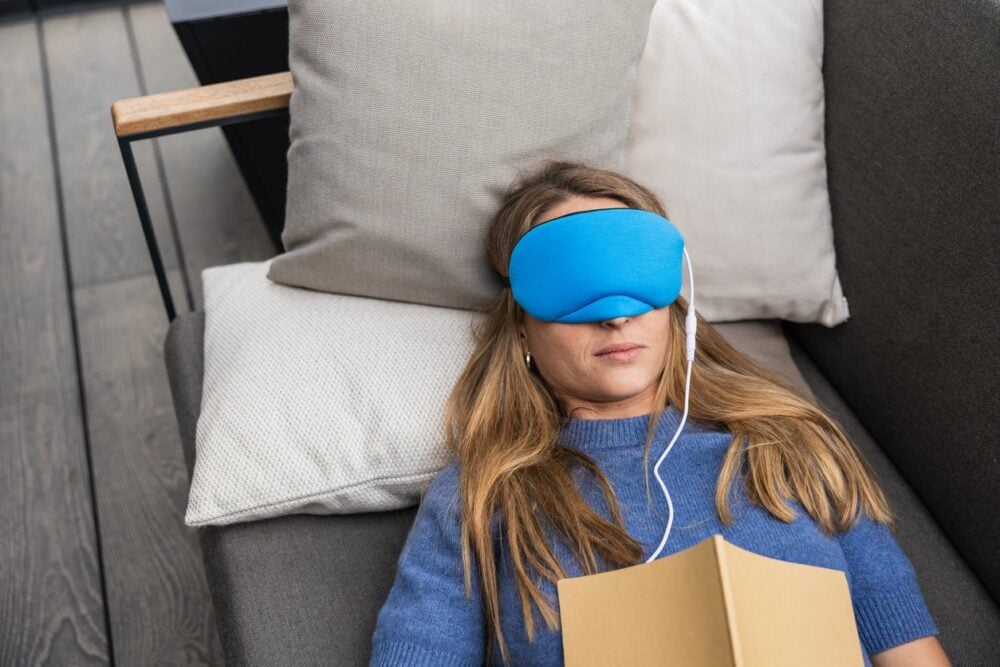
Researchers at Harvard Medical School have been digging into something wild: while you’re in deep sleep, your brain literally washes itself, according to the experts at Harvard Health Publishing. Think of it like an overnight rinse cycle. Using advanced imaging, they found that cerebrospinal fluid flows through the brain more efficiently during this phase, flushing out waste—especially beta-amyloid, which is linked to Alzheimer’s. That’s not just some feel-good fact; it’s changing how neurologists approach aging. If you’re skimping on sleep, your brain isn’t just tired—it’s dirty. And while coffee might hide the fog, it can’t scrub away the gunk.
What’s cool is how the body instinctively prioritizes this rinse cycle when you get solid, uninterrupted rest. You don’t need to understand every molecule to appreciate that your brain’s housekeeping crew needs those nightly hours. And science is saying it might be one of the most powerful things you can do for your long-term health.
2. Doctors in California are finding that sleep repairs your immune system overnight.
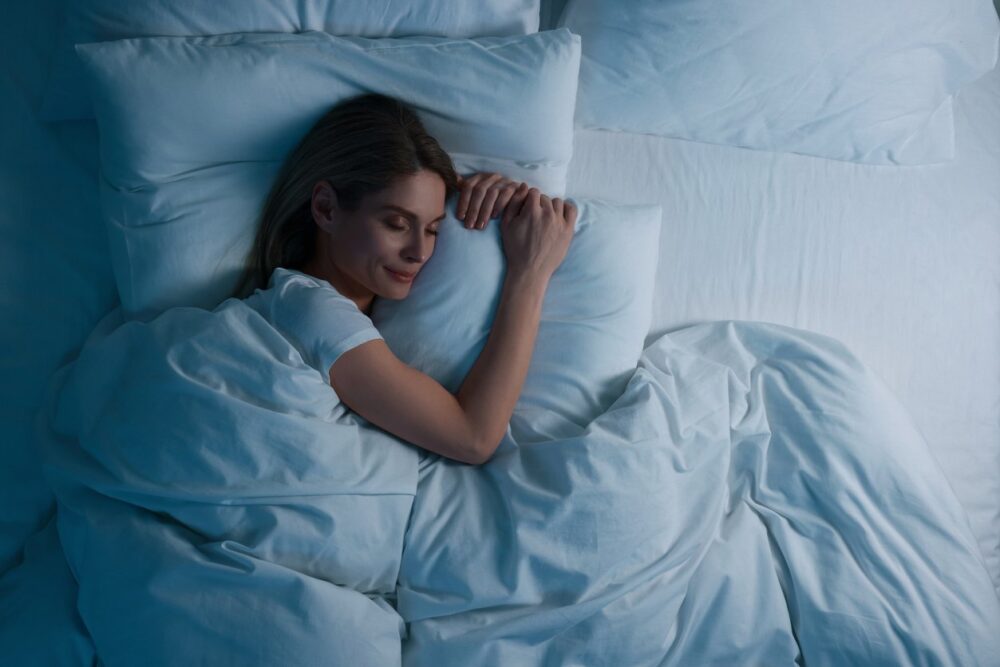
At Stanford University’s Sleep Medicine Center, researchers have been tracking how sleep influences immune responses—and the results are kind of jaw-dropping. Turns out, your immune system basically clocks in for a night shift while you’re snoozing. One study showed that people who consistently get less than six hours of sleep are far more likely to catch colds and infections, and they respond poorly to vaccines, as reported by the people at CBS News. But when people start sleeping longer and more consistently, their bodies bounce back faster after illness.
It’s not magic, it’s biology. Cytokines—those little proteins that help fight off inflammation and infection—are mainly produced while you’re in deep sleep. So if you’re walking around with four hours of shut-eye, you’re sending your immune squad into battle half-armed. Doctors now treat sleep as a frontline therapy, especially for people recovering from illness or surgery. Basically, the best thing you can do when you’re sick might just be to sleep—and sleep well.
3. Sleep clinics in Seattle say REM sleep boosts emotional resilience more than therapy.
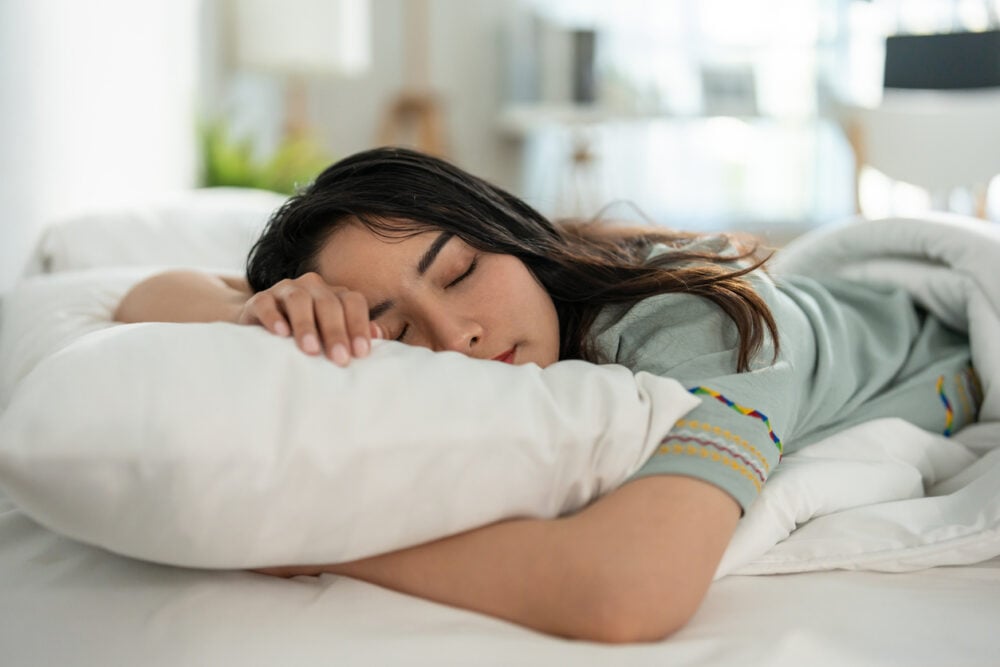
Seattle’s Center for Sleep Science has been making waves by showing that rapid eye movement (REM) sleep plays a major role in regulating emotions—maybe even more than talk therapy in some cases. During REM sleep, your brain processes emotionally charged memories and rebalances mood-related neurotransmitters like serotonin and dopamine. In other words, that dream-filled part of the night is actually your brain’s way of filing away emotional stress, as stated by Kristen Rogers at CNN.
One psychologist even called it “overnight therapy.” People who miss out on REM sleep tend to feel more reactive, irritable, and even hopeless the next day. And it’s not just about how much sleep you get—it’s about the quality of it. If your REM cycles are getting cut short by late-night screen time or alcohol, you’re robbing yourself of one of nature’s best mood stabilizers. So if you’re feeling emotionally drained, maybe what you need isn’t another vent session—it’s better sleep hygiene.
4. Experts in New York are linking poor sleep to accelerated skin aging.
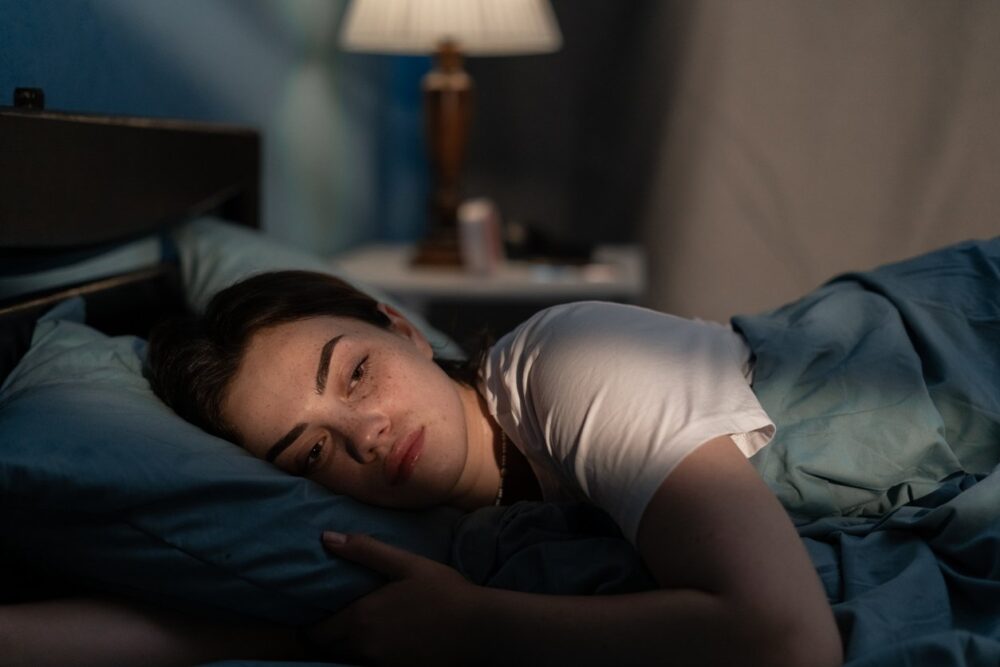
At Mount Sinai Hospital in New York, dermatologists studying sleep have found something that might send you straight to bed: chronic sleep deprivation shows up on your face—and fast. Their studies revealed that people who consistently slept fewer than five hours had more fine lines, uneven pigmentation, and reduced skin elasticity than those getting at least seven hours. Sleep, it turns out, is when your body releases growth hormone, which helps rebuild collagen and repair skin damage from UV exposure, pollution, and stress.
Without it, your skin basically goes into maintenance mode with no tools in the toolbox. Even expensive skincare products won’t do much if your sleep schedule is a wreck. Well-rested skin also retains moisture better, meaning you’ll look brighter and more refreshed—without a single drop of concealer. So the next time you think of pulling an all-nighter, maybe think of it as skipping your most powerful beauty treatment.
5. Sleep tech researchers in Austin are showing how temperature plays a massive role.
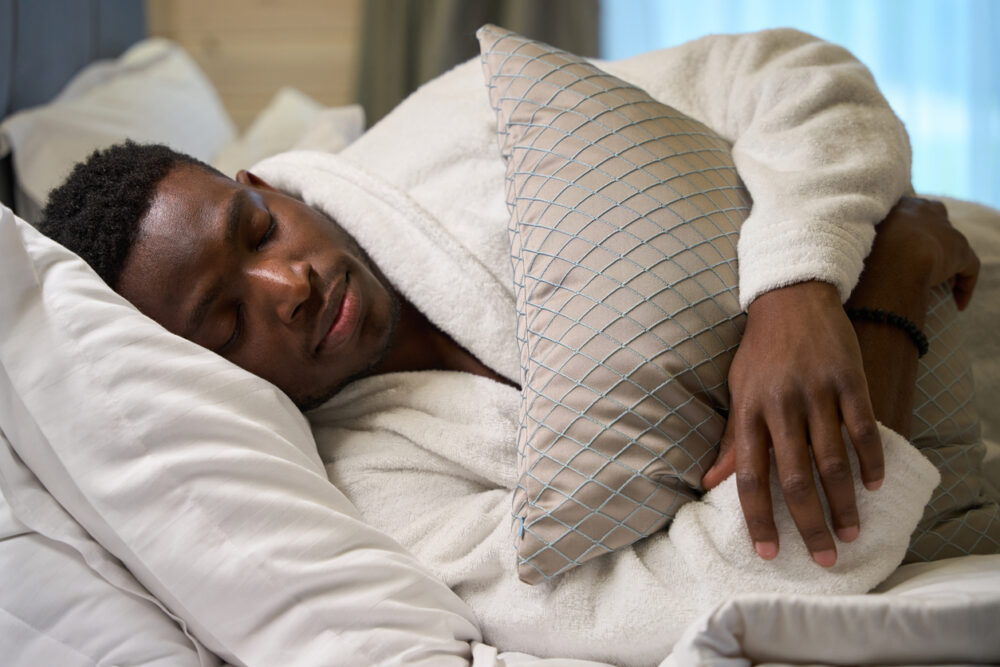
At the University of Texas at Austin, sleep scientists have been dialing in on how body and room temperature affect the quality of your rest—and their findings are making waves in the world of sleep tech. Your core temperature naturally drops when you fall asleep, and if your room is too hot or too cold, it disrupts that process. These researchers found that a sleep environment between 60–67°F is ideal for triggering the body’s sleep signals. People in the study who adjusted their bedding and room temperature to that range fell asleep faster and had deeper, more consistent rest.
Even better, their mood and cognitive performance improved significantly the next day. That’s why cooling mattress pads and breathable pajamas are getting so much hype. It’s not about luxury—it’s about physiology. If you’re sweating under heavy blankets or freezing with the AC cranked, you’re making your body work harder to rest, and that just defeats the whole point.
6. Sleep scientists in Chicago say inconsistent sleep schedules increase your risk of heart disease.
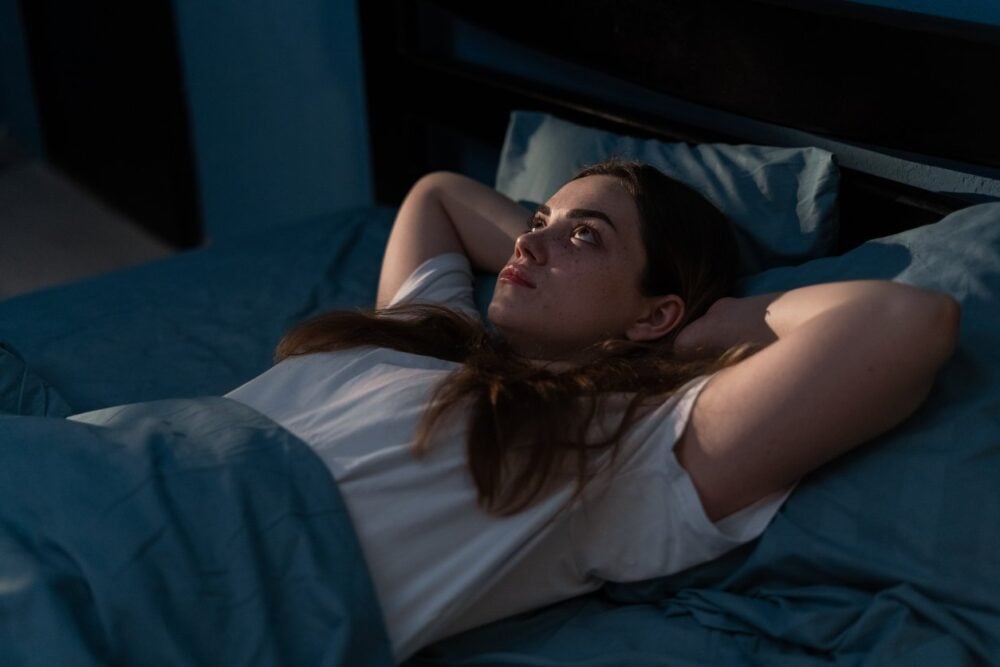
At Northwestern University, researchers have found that it’s not just how much sleep you get—it’s when you get it. People who keep wildly different sleep schedules throughout the week (you know, sleep-deprived Monday through Friday and then crash on Saturday) have a higher risk of heart disease.
They tracked over 2,000 adults and found that irregular sleep patterns were associated with higher blood pressure, increased blood sugar levels, and elevated risk of obesity. Why? Your circadian rhythm thrives on routine. If you’re constantly shifting your sleep like you’re crossing time zones every few days, your body never fully adapts. Even small inconsistencies—an hour here or there—can mess with your metabolism and cardiovascular system. So if you’re serious about your heart health, set a bedtime and stick to it like it’s your gym membership. Your heart, literally, beats to a rhythm—and it hates being thrown off sync by your weekend Netflix marathons.
7. Research from Atlanta reveals that light pollution messes with your sleep hormone.
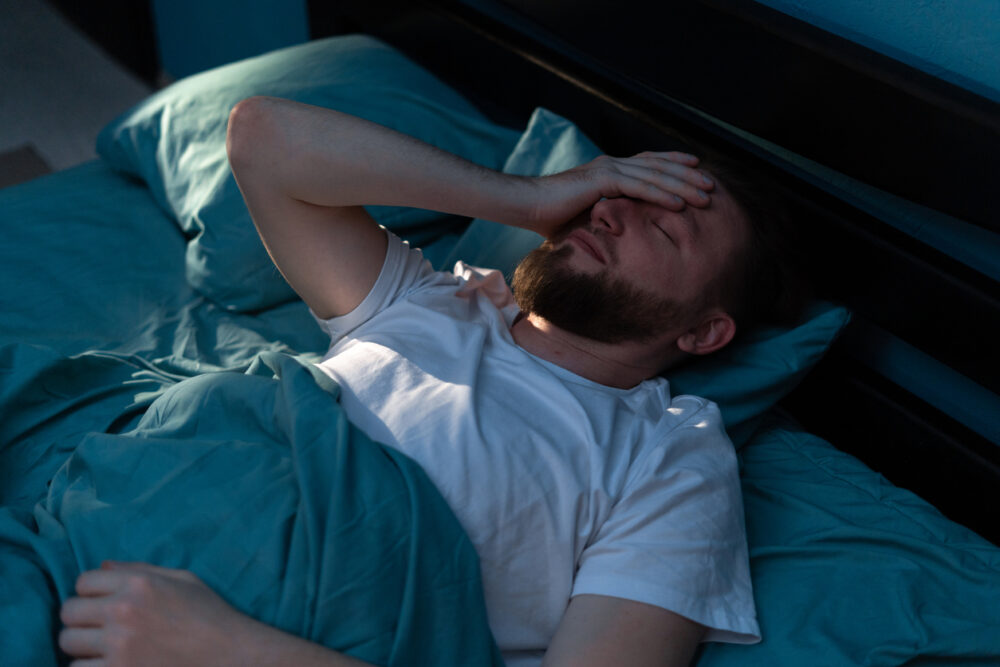
Scientists at Emory University in Atlanta have been ringing the alarm on how artificial light exposure at night interferes with melatonin—the hormone that helps you fall asleep. Their studies show that even dim light from screens, streetlights, or LED bulbs can delay your natural sleep onset and reduce overall sleep quality. The problem is, your body thinks that any light after sunset means it’s still daytime, so it puts off producing melatonin. Over time, that confusion can snowball into insomnia, fatigue, and even depression. The researchers recommend blackout curtains, warm-toned lighting, and turning off screens at least an hour before bed.
Some participants in the study who made those changes saw major improvements within just one week. Your brain’s ancient wiring wasn’t built for 24/7 light exposure—it was built for sunrise and sunset. If your room’s lit up like Times Square at midnight, your sleep is probably suffering more than you think.
8. A study in Miami links poor sleep to increased junk food cravings.

Sleep researchers at the University of Miami discovered something sneaky about sleep deprivation: it messes with your hunger hormones and ramps up cravings for fatty, sugary foods. In their study, people who got fewer than six hours of sleep showed increased levels of ghrelin (the hunger hormone) and decreased levels of leptin (the one that tells you you’re full).
Not surprisingly, they also consumed significantly more calories the next day—especially from processed snacks and fast food. What’s worse, the study showed a loop: bad sleep led to bad eating, which led to more disrupted sleep. The researchers believe it’s one reason why chronic sleep deprivation is linked to obesity and diabetes. So if you find yourself reaching for chips or cookies after a restless night, it’s not just about willpower—it’s your hormones rebelling. Sleep, it turns out, is a powerful appetite regulator, and ignoring it may be sabotaging your health goals.
9. Neuroscientists in Philadelphia say napping can reboot your brain’s focus.
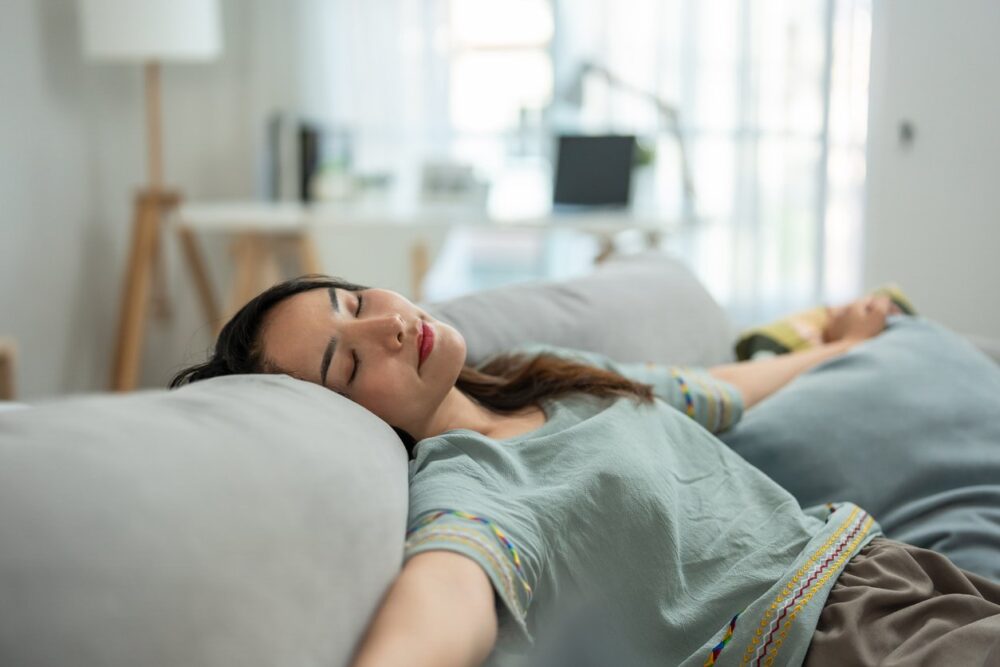
At the University of Pennsylvania, cognitive scientists have found that a well-timed nap (we’re talking 10–30 minutes) can reset your mental clarity in ways that a cup of coffee simply can’t. The study tracked participants’ attention spans and reaction times after napping versus caffeine or rest alone. Nappers consistently outperformed the others in tasks requiring memory recall, decision-making, and emotional regulation. The catch? Naps longer than 30 minutes often left people groggy—so timing is everything. These findings are shaking up the workplace too, with some companies actually encouraging short afternoon naps to boost productivity.
The researchers compared it to hitting the reset button on a computer that’s been running too many tabs. You don’t need a full sleep cycle—just a strategic pause. If your brain feels fried by 2 p.m., a short nap might be the smartest thing you do all day. Your inbox can wait. Your focus can’t.
10. Sleep researchers in Boulder find that blue light glasses really do help.
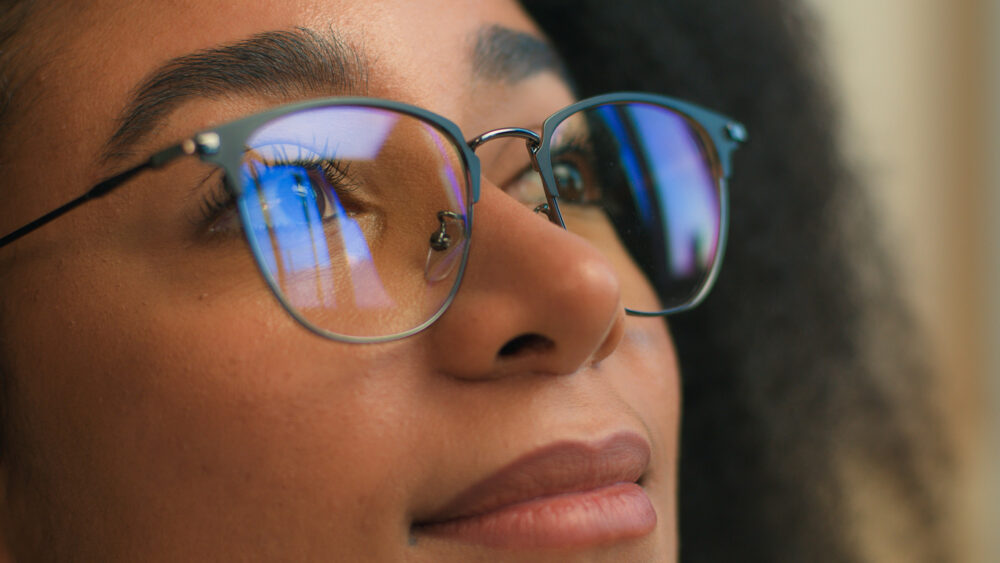
At the University of Colorado Boulder, researchers tested blue light blocking glasses on students and shift workers and found they actually worked. Participants who wore the glasses two hours before bed fell asleep faster, stayed asleep longer, and reported feeling more refreshed in the morning. The glasses help filter out high-energy blue wavelengths emitted by phones, tablets, and LED lights—wavelengths that suppress melatonin and signal your brain to stay alert. What’s wild is how much of a difference this small tweak made.
People who were used to late-night scrolling suddenly reported falling asleep 30–45 minutes earlier after just a few days of use. Some even said it helped reduce anxiety at night. If you’re someone who’s always on your phone until the second you close your eyes, this might be your low-effort fix. Blue light blockers aren’t just a gimmick—they’re a legit tool for syncing your body back up with natural sleep cues.
11. Studies in San Diego show that consistent sleep helps your gut microbiome thrive.
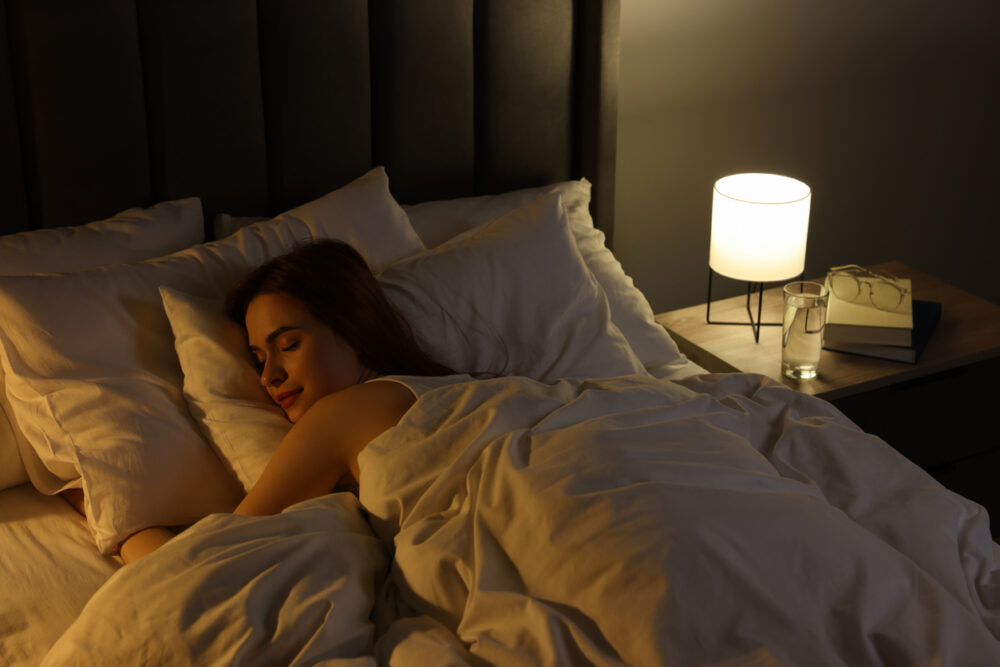
At UC San Diego’s Center for Microbiome Innovation, scientists are making new connections between sleep patterns and gut health. They’ve found that consistent sleep supports a more diverse and resilient microbiome, which in turn helps with digestion, immune function, and even mood regulation. The gut and brain talk to each other through a network known as the gut-brain axis, and poor sleep seems to throw that whole system off balance. People with irregular sleep schedules were more likely to have inflammation-related gut issues like IBS and reported higher rates of anxiety.
Researchers believe the consistency of your sleep is what keeps this inner ecosystem in harmony. So if kombucha and probiotics are already part of your wellness game, sleep needs to be, too. Think of it this way: your gut bugs have a bedtime, and when you mess with it, they get cranky—and so do you.
